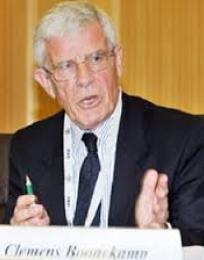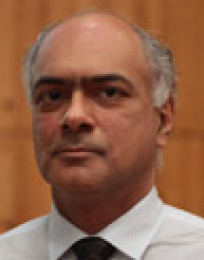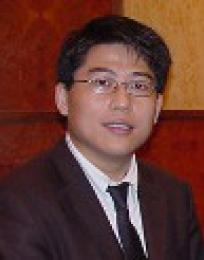The WTO Chair at the University of Tunis helped build a network of trade researchers and experts all over the Middle East and North Africa. This vibrant ecosystem, which led to the publication in academic journals of 20 papers, proved his resilience after the end of its WTO funding. The chair holder was able to get funds from several partners to launch new collaborative projects. In a nice example of responsiveness to social demand, the WTO Chair in Tunisia partnered with the French Institute of Development to explore the impact of COVID 19 on firms in Tunisia and in developing countries in general. The latter project is funded by the French Agency for Research on AIDS and Viral Hepatitis (ANRS).
Our Impact
One of the unsung virtues of the WTO Chairs Program has been its catalytic role in prompting South-South discussions of trade and cross-country learning. Two small examples illuminate that point. The WTO Chair in South Africa, Prof. Wilma Viviers, had created a wonderful tool for helping governments direct their scarce resources promoting export. The tool, called the Decision Support Model, used detailed WTO product level data configured as a decision tree to identify potential, high value added exports. While working on Rwanda, I was delighted to enlist the South African team’s support to provide analysis to Rwandan officials, and their 172 page report proved to be of enormous value. A second example was the request of the Chile WTO Chair, Prof. Dorotea Lopez Giral, to discuss the effects of Covid-19 on African trade to a University of Chile audience. Connecting up three continents, the Kenyan WTO Chair, Prof. Tabitha Kirti in Nairobi, and I from Washington, conducted a wonderful discussion with a Chilean audience. These types of connections would simply have not happened had it not been for the WTO Chairs program.
The WTO Chairs programme is invaluable. Through the Chairs’ Outreach pillar, the chair holders familiarize stakeholders in developing countries with the WTO, bringing clarity to its role. Chairs complement this with a teaching curriculum that trains students in the intricacies and benefits of the multilateral trading system, with the WTO as its guardian, thus preparing the next generation of trade-policy makers. The Chairs buttress this with acute research on the system and the WTO, including by periodic contributions to WTO volumes on trade and related matters. These activities are supported by a highly professional unit at the WTO Secretariat. This package is considerably beyond technical assistance—it encourages and enables developing country Members to be their own best source of trade policy advice.
Since 2010 the WTO Chairs Program has created a network of scholars and practitioners working on key issues in national and multilateral trade policy. As the world grapples with an ever widening and deepening trade agenda and a fraying consensus around the importance of global cooperation we need the Chairs Program – even a larger, more ambitious one than currently - more than ever.
With limited resources, the WTO Academic Chairs program’s greatest achievement has been to reduce the distance that all too often separates the worlds of academia and policy-making. Where governments are open to broadening their policy making perimeters, partnering with Chair holders and their teams promotes better informed views on trade policy formulation and its evaluation, enhancing its quality and legitimacy. By promoting direct access to decision-making circles, the Chairs Program has in turn heightened the policy relevance of academic research and helped attract promising talent to a field of enquiry that is central to sustained progress in governance and development.
The WTO Chairs Program is unique among chair professor programs in academia as the only one focusing on policy-making. It is also the only one among the WTO's many technical assistance programs designed to boost the capacity of developing countries by training the next generation of policy-makers. In the decade since its inception, the WTO Chairs Program has played a big role in bridging academic research and policymaking. The research outputs of the Chairs are mostly practice-oriented and provided invaluable intellectual support to the countries and regions where they are based. The Chairs in many countries have become the "go-to" think-tanks on trade issues. Overall, the Chairs Program has become an indispensable part of the WTO technical assistance program that shall be further strengthened.
The WTO Chairs Programme has been a valuable tool to enhance the knowledge of the trading system in developing countries. A good example of this is the work of the South Africa Chair that has been very productive in terms of new curriculum development materialized in more WTO related topics being integrated in international trade modules aiming to educate a new generation of researchers and policy makers; research resulting in a substantive number of academic peer reviewed and other publications involving young PhD researchers who are important stakeholders to continue the work of the Chair; and outreach activities that include an impressive webiste, targeted communication via social media channels and newsletters. All this ensures the sustainability of the WCP Chairs Programma as the Chair’s university has been willing to co-invest in this initiative and found others to do the same. The South Africa Chair has been successful in setting up an international trade ecosystem that connects different generations of researchers and policy makers to co-operate and includes several co-chairs. All this has been enabled by the WTO Chairs Programme and holds high promises for the continuation of it and the underlying aim to enhance international trade for those countries who need it most.






